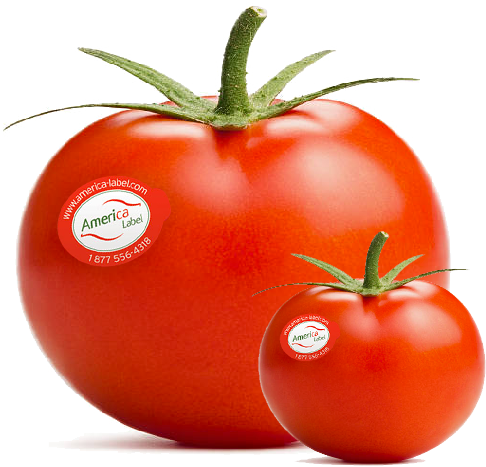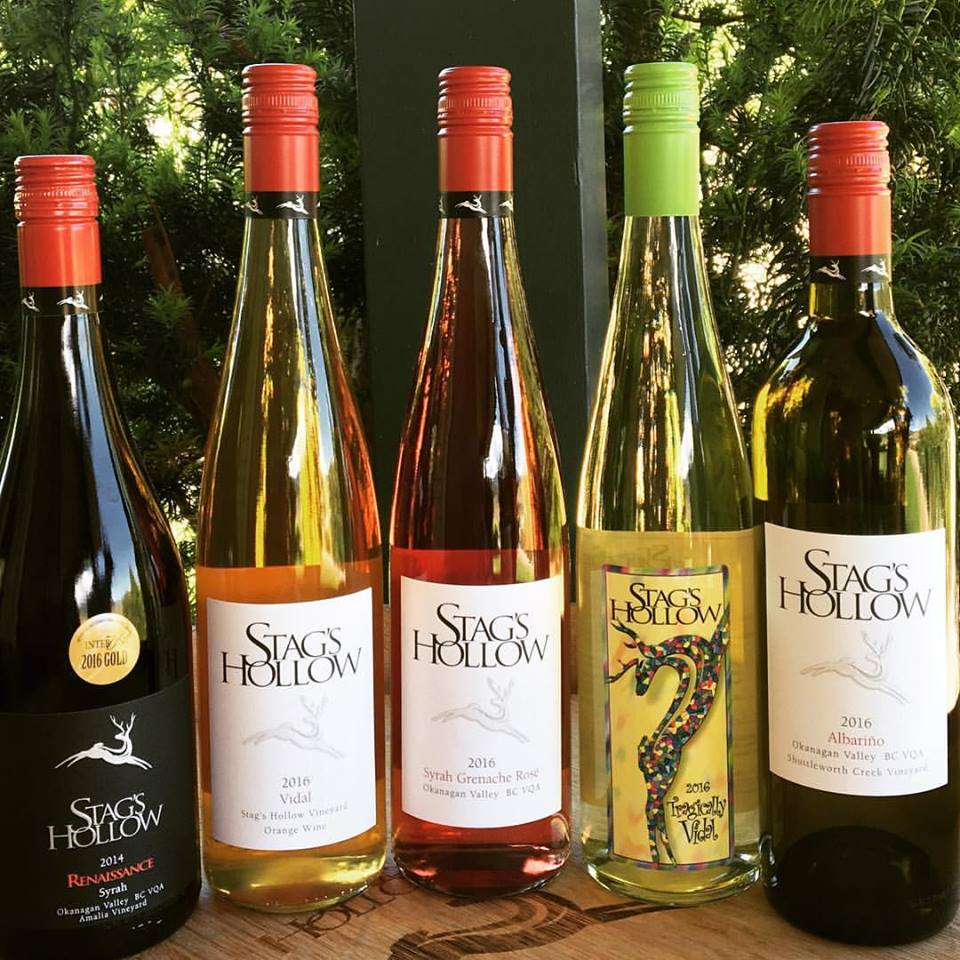What Is a PLU Food Label?
What exactly is a PLU label? What is their use, and what are they made of? What do the numbers on the label mean? This article answers these questions and more.
What Is a PLU Label?
PLU (Price Look-Up) codes are a numerical system that identifies a specific fruit or vegetable. These codes have been used since 1990 and are administered by the International Federation for Produce Standards (IFPS).
Why Are PLU Labels Useful?
PLU codes found on fruits and vegetables allow you to:
- identify the product,
- have better inventory control,
- and make scanning and pricing at checkout easier.
These codes are universal, and thus no matter where you find them, worldwide, individual fruits and vegetables will always be labelled with the same code.
What Do the Numbers On the Label Mean?
Do the numbers found on PLU codes for fruit and vegetables have a specific meaning or significance? Yes and no.
- Four-digit codes are used for conventionally grown produce.
- Five-digit numbers, starting with a 9, are used for organically grown produce.
- Codes consisting of five digits, starting with an 8, are reserved for produce cultivated with GMOs (genetically modified organisms). However, these codes were never used in retail sales. Instead, they are reattributed to allow a greater number of codes for use with conventionally cultivated produce.
In other words, only the codes with five digits, starting with a 9, have a particular significance.
What Materials are PLU Labels Made From?
PLU code labels are composed of vinyl or paper. The glue used as an adhesive is edible and FDA certified in case of accidental ingestion. Further, the glue used should not leave a residue on the produce.
The application process should be delicate so as not to damage the fresh produce. However, the label should adhere well to ensure it stays in place during transit and handling.
Are PLU Labels Mandatory in Canada?
There are no regulations in Canada that require the use of PLU labels. Instead, it is a voluntary system. However, most medium to large stores use it for maximum efficiency.
In Canada, since 2006, a list of national PLU codes was created to compile a complete list, along with those from the IFPS. These codes, made for Canadian retailers, help identify products that do not have enough volume to warrant the assignment of an IFPS PLU.
Does Quebec Require PLU Labels?
As with the rest of Canada, price look-up (PLU) codes are a voluntary system for retailers. However, it’s important to note that all products destined for the Quebec market require non-exempt information to be labelled in both English and French.
According to the charter of Quebec French Language, only the following are exempt from translation:
- The corporate name of a business established exclusively outside of Quebec.
- The name of origin or denomination of an exotic product, a foreign specialty, or a heraldic or non-commercial motto.
- A marker that designates an origin outside of Quebec, in another language that is officially officially recognized by the Commission de toponymie du Québec, surname, given name or character name, and all names distinctive of a cultural character.
- A brand recognized by the Trademarks Act unless a French version is available.
Create Your PLU Code
In addition to using PLU code labels to identify products, they can also be used as a marketing tool and supply the customer with additional information.
For more information on the subject, consult the Canadian Produce Marketing Association (CPMA).
Here at Multi-Action, our team has everything you need to bring your projects to fruition, from conception to production of your PLU labels. We can print them for you or provide you with the necessary equipment to print and apply your labels in-house. Contact us for the perfect solution





